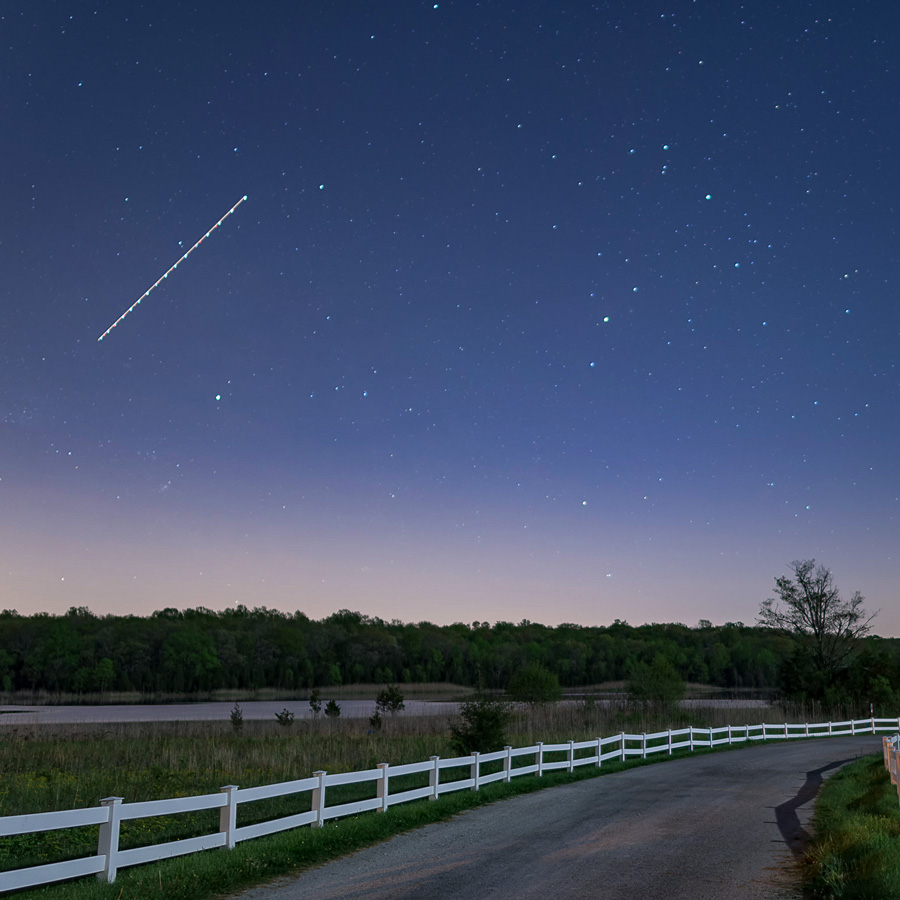The word “consider” has its origin in the early French word for star-like: “sidereal”. Its use suggested that important thoughts, judgments and decisions ought to take into account the perspectives of the stars.

We might suggest that “Consider” now has an expanded meaning, suggesting that by referencing contemporary theories of stars, their origin, nature and function over the thirteen-billion-year history of the universe, we are given profoundly new and powerful insights. These could potentially enable human societies and individuals to “recover” from perceptions of stars that were defined before our modern telescopes and other instruments of observation. They hold promise that with some corrections in our perceptions we might also be inspired to change our behaviors.
In his book, The Great Work: Our Way Into The Future, Thomas Berry—author, philosopher, cultural historian and voice for Earth’s voiceless— illuminated the paths we need to take in the realms of ethics, politics, economics, and education if both we and the planet are to survive. He wrote of a new political alignment; that the historical tension in human affairs between conservative and liberal was replaced by a conflicting orientation to the natural world. Those that feel that the industrial development of pristine areas is fundamentally progressive are contradicted by those who see human intrusions into Earth’s life-systems as having gone beyond sustainable limits, as having destroyed the integrity of the natural world.
Presently, we are being warned that Earth’s air, oceans, rivers, forests, soil, insects, all members of the animal world are in a suicidal plunge into extinction, caused primarily by human activities. Perhaps these activities are driven by a seemingly cultural addiction to the ideas, concepts, values and beliefs invented by some societies within our species over the last five thousand years. Most “western” societies have been strongly influenced by the belief that humans are the only species with spiritual souls and therefore capable of having “rights”. Everything else, devoid of souls, was placed here for our human use.
It is about how wide an interpretation we might use to define “drugs” that we could suggest that our species, now infected with those beliefs, are in the throes of a profound addiction. It is an obsession resulting in dysfunctional activities and behaviors; such as infinite growth, industrial and technological progress, climate disruption and the chemical poisoning of Earth’s web of life.
The depths to which we must reach to bring about the restoration and regeneration of our planet are daunting. In the past two-hundred years, corporate powers have so overwhelmed the natural world and come to dominate our governments, professions and institutions in such a way that we can hardly imagine living with the restrictions suggested by ecologists: energy and transportation systems without reliance on fossil fuels, farming without the use of pesticides and chemical fertilizers, and the reestablishment of local village economies. We must realize that all natural beings — water, air, soil, and the ecological communities of species who have preceded the human settlers — have rights to exist and to fulfill their purpose for the whole community. These prior rights are a basic necessity for human rights as we express them in our governing systems.
Throughout the world, political and social movements have gained traction under the supposition that, if radical change does not come quickly, we face imminent starvation, chaos, and the eradication of the values that define humanity. Political change must occur at national levels, but we must also work to regenerate and restore, one watershed at a time. Our hope is that countless numbers of ordinary people will be inspired and empowered to restore the great water basin between the Delaware and Hudson Rivers by a shared vision of health and unity for the entire community of life, particularly for the children of today and tomorrow.